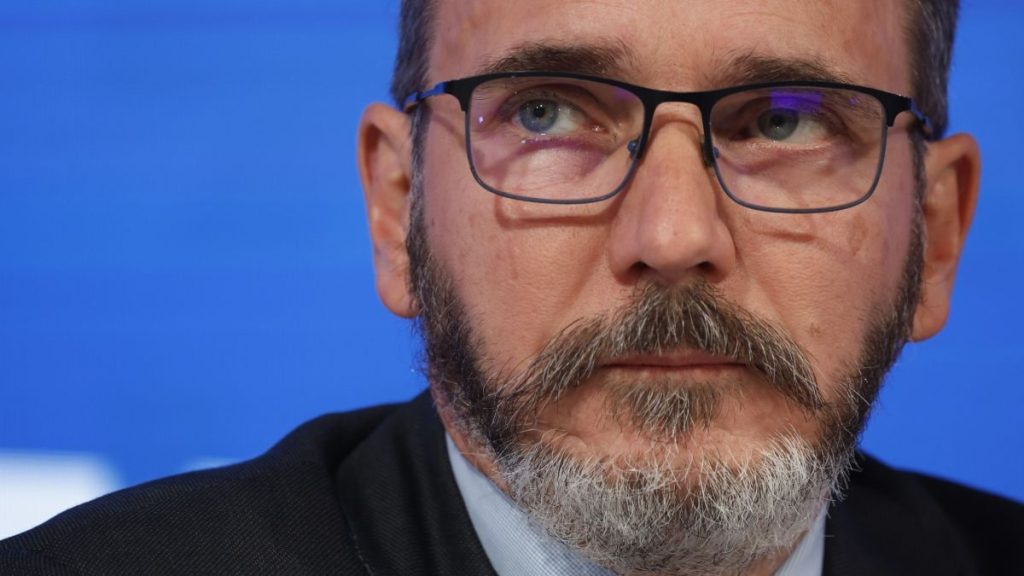
Applauding India’s digitisation efforts, the chief economist of the International Monetary Fund (IMF) on Wednesday said the move was a game changer as it had allowed the Indian government to do things that would have been extremely difficult otherwise.
“Digitisation is helping along a number of dimensions. One is financial inclusion, obviously because there are a lot of people in countries like India that were unbanked. And having access to digital wallets is a way in which they can enter into transactions that are not just cash transactions, which are very inefficient,” Pierre-Olivier Gourinchas, the chief economist of the IMF, told PTI in an interview in response to a question about India‘s digitisation efforts.
“I think it (digitisation) has allowed the (Indian) government to do things that would have been extremely difficult to do otherwise. Yes (it is a game changer). It is certainly something that is a very welcome development,” Gourinchas suggested.
“So that’s a huge plus in terms of bringing people into a more modern economy. That’s a factor for growth,” he said, adding that your market becomes very different if you are plugged into this digital instrument.
“The second one which I think has also been important in the case of India is these digital instruments also allow governments to reach and disburse systems in ways that are much harder to do sometimes with some of the regular pipes of the safety net,” he said.
“One of the lessons we’ve learned from both the pandemic and we’re learning it again with the energy crisis, is how can we provide the assistance where it’s needed. Because it’s enormously costly to just have a blanket policy that is going to cover everyone,” he said.
Most people don’t necessarily need this and most businesses may not need it. But sometimes it has to be done that way because that’s the only way it can be done, he added.
“Digitisation offers the promise of more targeted assistance when it’s needed. That is potentially a game changer because it means that now policy can be more nimble. It can have less of an impact on sort of the overall fiscal stance. So, more protection, more insurance can be provided,” Gourinchas said.
“That’s also a very important factor for supporting the economy and helping it rebound when it’s done. There’s going to be shocks of all kinds of things happening and it offers this possibility for something that is much more agile and targeted,” he said in response to a question.
Affiliate links may be automatically generated – see our ethics statement for details.
Read The Full Article Here

